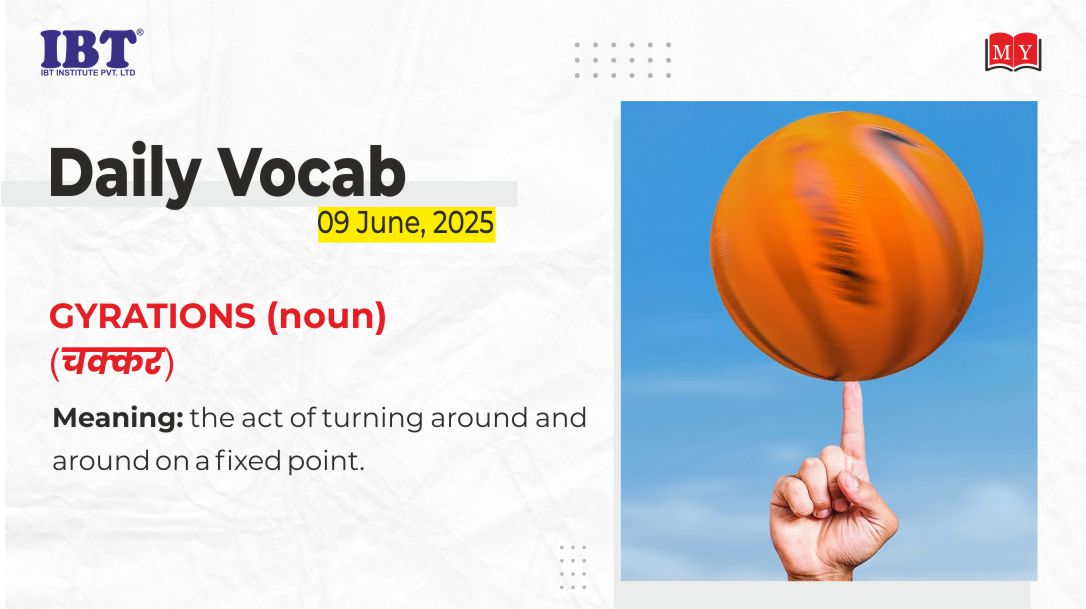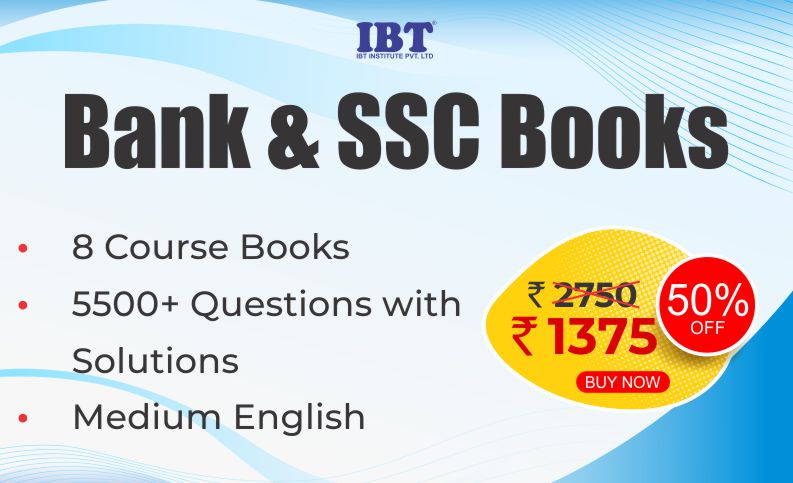Vocabulary - Exceptional English Words With Meanings : 09 June 2025

Exceptional words of English vocabulary from the newspaper ‘The Hindu’ are listed here. Go through these words and read the usages to learn how to use them in sentences. After this, take the quiz based on the vocabulary to check how much you learnt. This will really help you boost up your learning.
Happy learning!!!
Happy learning!!!
1. MISDEMEANOURS (NOUN): अपराध
Pronunciation: mis·de·mean·or
Meaning: an action that is slightly bad or breaks a rule but is not a crime.
Synonyms: violation, misconduct, minor offense
Antonyms: innocence, obedience, goodness
Sentence: He is charged with several misdemeanors, including driving without a valid license and creating a disturbance.
2. PLURALISM (NOUN): बहुतांत्रिकता
Pronunciation: ploo·ruh·li·zm
Meaning: the existence of different types of people, who have different beliefs and opinions, within the same society.
Synonyms: loads, majority, scads
Antonyms: minority, few, least
Sentence: We know it's not easy to maintain pluralism.
3. PRUDENCE (NOUN): सावधानी
Pronunciation: proo·dns
Meaning: behavior that is careful and avoids risks.
Synonyms: caution, circumspection, care
Antonyms: recklessness, brashness, carelessness
Sentence: The captain said we ought to shorten sail anyway, out of common prudence.
4. GYRATIONS (NOUN): चक्कर
Pronunciation: jai·ray·shnz
Meaning: the act of turning around and around on a fixed point.
Synonyms: revolution, rotations, spin
Antonyms: unbolt , calm , inaction
Sentence: The dancer's graceful gyrations on stage captivated the audience.
5. RHETORIC (NOUN): वाग्मिता
Pronunciation: ruh·taw·rik
Meaning: the art of effective or persuasive speaking or writing, especially the use of figures of speech and other compositional techniques.
Synonyms: oratory, eloquence, persuasion
Antonyms: silence, inarticulateness, conciseness
Sentence: He employed persuasive rhetoric to convince the audience of her point of view.
6. DEVOUT (ADJECTIVE): धार्मिक
Pronunciation: duh·vawt
Meaning: having or showing deep religious feeling or commitment.
Synonyms: religious, reverent, holy
Antonyms: faithless, godless, impious
Sentence: Louis became an extremely devout and ascetic man.
7. MACABRE (ADJECTIVE): भयंकर
Pronunciation: muh·kaa·bruh
Meaning: unpleasant and frightening because it is connected with death.
Synonyms: gruesome, grisly, ghastly
Antonyms: delightful, pleasant, appealing
Sentence: Even the police were horrified at the macabre nature of the
killings.
8. OBLIVION (NOUN): विस्मरण
Pronunciation: uh·bli·vee·uhn
Meaning: the state of being unaware or unconscious of what is happening.
Synonyms: unconsciousness, insensibility, stupor
Antonyms: consciousness, recollection, awareness
Sentence: The old photographs brought back memories that had long been buried in the depths of oblivion.
9. PROLIX (ADJECTIVE): अति विस्तृत
Pronunciation: proh·luhks
Meaning: (of speech or writing) using or containing too many words; tediously lengthy.
Synonyms: lengthy, long-winded, verbose
Antonyms: concise, compact, brief
Sentence: The author’s prolix style has done nothing to encourage sales of the book.
10. CONSTERNATION (NOUN): आतंक
Pronunciation: kawn·stuh·nay·shn
Meaning: a feeling of shock or worry.
Synonyms: dismay, perturbation, anxiety
Synonyms: dismay, perturbation, anxiety
Antonyms: comfort, consolation, relief
Sentence: The government's plans have caused considerable consternation among many Americans.
Now choose any 2 or 3 words, try to use them in your own sentences and share your sentences in the comment section. This will help you to retain the learnt words for a longer duration.
0 like |
0 comment
 4.5/5
4.5/5








